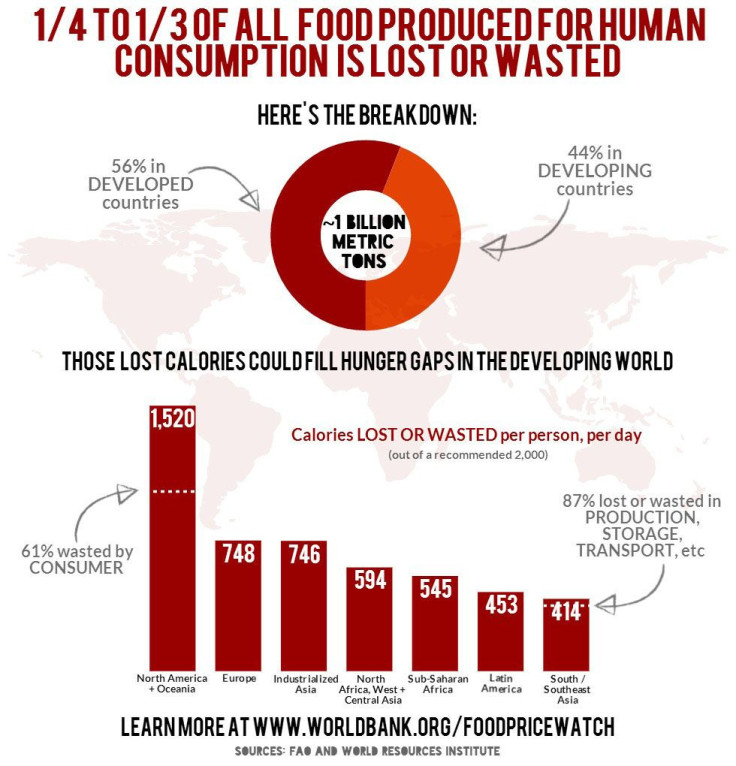Europe Moves To Reduce Food Waste Via Changes To Labeling Regime

The European Union is preparing to take a new, deceptively simple step to help reduce the estimated 89 million tons of food that goes to waste each year across Europe.
The move will allow individual nations to propose the elimination of “best before” date stamps on various foods with long shelf lives such as coffee and rice, the Telegraph reported Monday night.
The change, which was proposed most recently in a May 13 letter to the EU’s Agriculture and Fisheries Council, seeks to limit the amount of food unnecessarily thrown away by Europeans due to misunderstandings about what the “best before” labels actually mean.
The letter, which was drafted and supported by the Netherlands, Sweden, Austria, Denmark, Germany and Luxembourg delegations to the EU, lays out the concept that there is a huge savings to be had by changing the rules about “best before” labeling.
“Consumers often throw food away unnecessarily because of confusion about the meaning of the 'best before' date,” the letter states. “Products usually remain edible beyond this date, but are nonetheless thrown away. Confusion among consumers about ‘best before’ dates must be removed.”
Research cited in the letter suggests that about 15 percent of food waste can be attributed to the rules that govern when food becomes inedible and consumers’ lack of understanding of what they mean. The Telegraph reports that the average British household unnecessarily throws away about £480 ($808.61) worth of food each year.
The letter goes on to explain the global implications of the West’s failure to limit the wasting of food.
“Food losses and food waste have a social, environmental and economic dimension. Food waste has an environmental impact since, among other things, it increases greenhouse gas emissions and water consumption,” it states. “The need to reduce food losses and food waste is also closely linked to the principle that everyone in the world has a right to adequate food.”
But a number of other E.U. governments, including that of the U.K., have yet to sign off on the proposal.
The policy change would represent a marked shift from the current regime, under which nearly all foods sold in the EU must include best-before date labels on their packaging. A limited number of foods, including vinegar, have already been exempted from the requirement.
But outcry over the massive amount of food that goes to waste each year is rising, especially in light of a 2013 study that revealed that as much as half of the world’s food is wasted for a variety of reasons, Reuters reported.
© Copyright IBTimes 2025. All rights reserved.





















